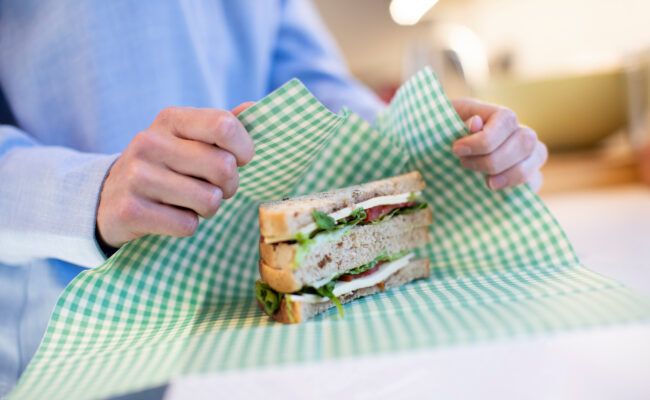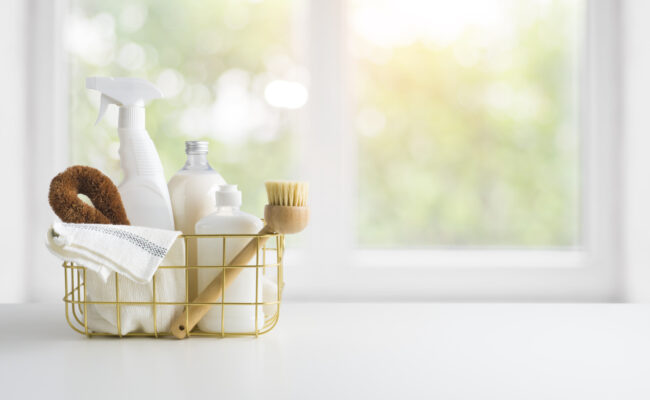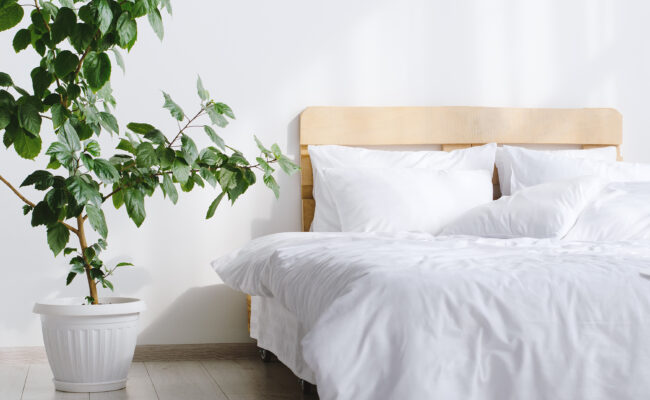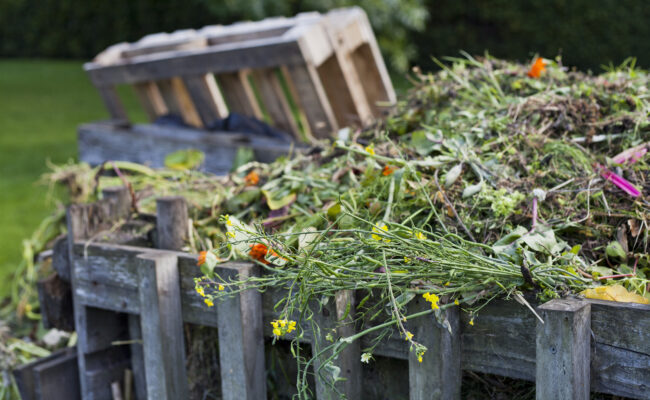If the idea of zero waste is an attractive one to you, here are some concrete steps you can take to begin your journey toward being garbage free.

1. In the kitchen
1. Eat unprocessed foods wherever you can to reduce packaging and the carbon footprint of their production.
2. Try to reuse leftovers, for example making broth from bones and vegetable off-cuts.
3. Reduce detergent use by making an organic homemade cleaning product for your work surfaces. Combine equal parts of distilled white vinegar and water, and add a few drops of tea tree oil as a natural disinfectant.

2. In the bathroom
1. Buy your shampoos and soaps in bulk, refilling smaller containers for daily use.
2. Leave behind expensive skincare products and use DIY personal care and makeup products. For example, a mixture of raw honey and extra virgin olive oil makes a great moisturizer that uses far less resources.
3. Use a homemade toothpaste containing baking powder, a few drops of peppermint oil, and enough water to make a stiff paste.

3. In the laundry
1. Buy your laundry detergent in bulk, and use distilled white vinegar as a rinsing aid.
2. White vinegar also makes a great organic surface and window cleaner. Simply mix one part vinegar to eight parts water, and add a little cornstarch to hold the mixture together.
3. For more stubborn dirt, mix a quarter-cup of vinegar, four cups of water, and a tablespoon of baking soda to make a natural homemade cleaning product. For extra freshness, try adding a little freshly squeezed lemon juice.

4. In the bedroom and closet
1. When the time comes, replace synthetic bedding with natural fiber materials like organic cotton or linen.
2. Combine the clothes in your closet in new ways, rather than buying whole new outfits.
3. Donate unused clothing to charity to extend its life, or use worn-out items as cleaning rags.

5. In the dining room
1. Use real plates, cutlery, and fabric napkins rather than disposable ones at social gatherings.
2. Buy drinks and so on in bulk rather than as individual servings.
3. For informal gatherings, serving finger foods cuts down on the plate washing afterward.

6. In the medicine cabinet
1. Don’t go overboard on supplies that will go out of date. For once, buying in bulk isn’t a good idea.
3. For minor ailments such as colds, consider herbal teas or essential oils rather than expensive commercial preparations. They’re often just as effective, but with much less waste and resource consumption.

7. In the garden
1. Compost garden cuttings and waste to return the nutrition they contain to the soil.
2. Reuse larger cuttings as a mulch to protect the soil and retain water.
3. Grow your own fruits and vegetables in your backyard, rooftop, or even on a balcony.

8. In the office
1. Don’t print documents unless you really need to and recycle or compost shredded documents.
2. Use old-style refillable pens rather than disposable plastic ones.
3. Store your data in the cloud where feasible, rather than using hard drives and memory sticks which quickly become obsolete.
These tips only scratch the surface of the many ways you can cut your garbage generation down to size. But remember: zero waste is an aspiration and a direction of travel, and not a hard and fast rule. Modern life means completely eliminating waste is probably impossible, but every step you can take toward being trash free is an important one with real-world results.
Ready to go plastic free? Plastic Free Noosa helps to protect the environment by empowering the Noosa community in eliminating single-use plastics through direct engagement, recognition and facilitating circular economies.
Go plastic free